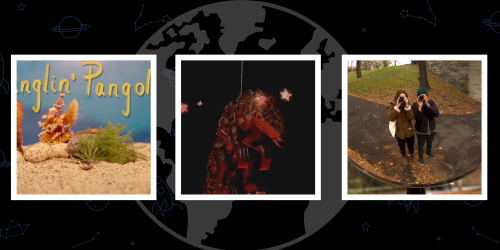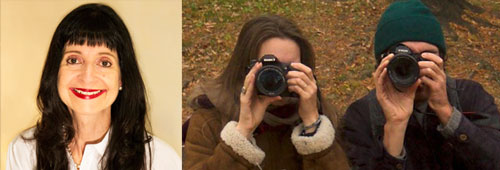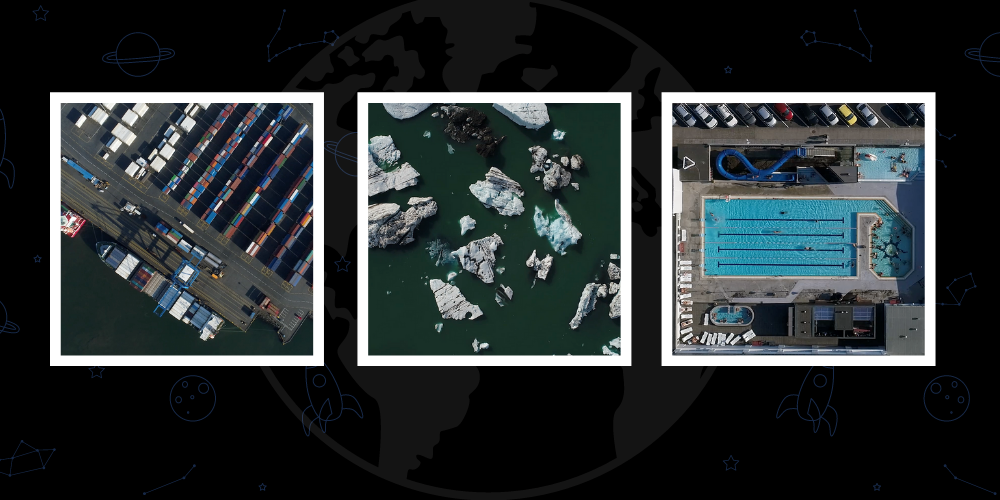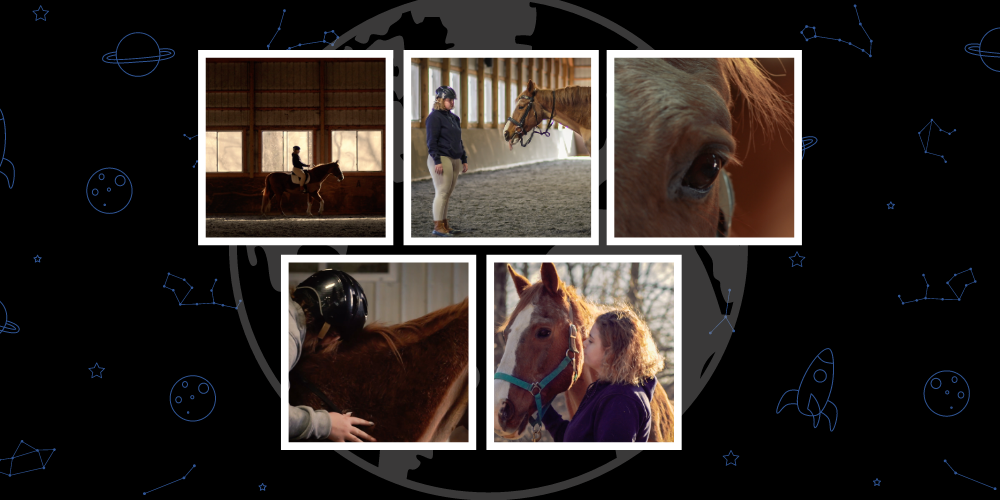This month, audiences can screen Danglin’ Pangolin, curated by Planet Classroom, on the Planet Classroom Network.
Written and directed by Adam Hersko-RonaTas and Elodie Freymann, the original short film, Danglin’ Pangolin, addresses an issue that has not received enough global attention. That is the pangolin, the world’s most trafficked mammal.
Pangolins have been poached to the brink of extinction mainly for their skins, which have been used for things like food, trophies, and aphrodisiacs. This distinctive and unique short highlights their plight and promotes ways we can all make a difference. Voice is by Felege Gebru, and music by Warner Meadows and Ezemdi Akalonu.
The Global Search for Education welcomes Adam Hersko-RonaTas and Elodie Freymann
Welcome Adam and Elodie, and congratulations on this wonderful work. The pangolin is the most trafficked mammal in the world. This was a great topic to cover in your short. What did you learn about pangolins and what do you believe are possible solutions for protecting them?
Although we are by no means experts on pangolins, we have found a number of great resources and organizations that specialize in pangolin conservation. One great organization to check out is Save Pangolins and another is the WWF.
However, we learned a lot while making this short, which was part of the draw to begin this project. Both of us really enjoy research and this short was a great excuse to learn a bit more about an animal we knew little about. Interestingly, we found that there is still a lot that even the scientific community doesn’t know about these majestic, scaly mammals.
To make the creature’s motion and habitat relatively realistic, we watched a number of videos of them moving and learned – to our surprise – that they often walk bipedally. When scared, pangolins curl up into balls for self-defense, which is actually how the pangolin got its name. In Malay, “penggulung” means “roller.” While we would have loved to include this in our video, our puppet’s design made it impossible. Currently, there are four species of pangolins that live in Asia, specifically China, Sunda, India, and the Philippines. Another four species live in Africa; these are the ground, giant, white-bellied, and black-bellied pangolins. Because they have no teeth, pangolins consume small rocks to aid with digestion in their stomach, and their tongues (which run all the way back deep into their torsos) are longer than them in length. They have weak eyesight, so they rely on their smell and hearing to hunt insects.
We also had to look at a number of reference images to make sure we were crafting our puppet’s scales correctly, which is when we learned the extent of the pangolin’s plight. Pangolin scales are made of keratin and highly coveted as a traditional medicine, despite the fact they have no proven medicinal value. An enormous quantity of scales are seized each year from poachers, which is only the tip of the iceberg for the wildlife smuggling industry.
According to conservation groups like Save Pangolins, the most attainable solutions to protecting them involve improving the biological knowledge base, mapping the current distribution and range of pangolin populations, training rangers to help crack down on poaching, educating children about the importance of ecosystem protection, and funding wildlife rescue centers. Since pangolins don’t do well in captivity, there must be an emphasis on care and protection in the wild, but it’s key that rehab centers exist to treat those rescued from smugglers.
There are many great organizations doing important conservation and education work. We learned much of our information from places like Save Pangolins, and encourage anyone interested to read more on their website or donate through the Pangolin Crisis Fund.
What were your creative goals on this short? Can you talk us through your creative process? How has your film helped to raise awareness for pangolins?
We made this short in the middle of the pandemic when both of us felt we had regained some creative energy, but didn’t have many channels to express it. We both love wild animals, so one night we were writing poems for fun and got hooked on rhyming words with “pangolin.” We also love puppet-making and were inspired by the pinecones scattered across a nearby park, which resemble pangolin scales.
Setting up a small desert set in our garage using some found sand and plants, we rigged up our puppet and went to work experimenting with various stop-motion techniques over the course of a few weeks. Then we invited our friends, Felege Gebru, Warner Meadows, and Ezemdi Akalonu to record the voice and music to bring this creature to life.
We raised a little money for the Pangolin Crisis Fund through Instagram, however it’s a small drop in the bucket.
Some folks on Reddit engaged with it as well and we hope to continue sharing it each World Pangolin Day (the third Saturday in February).
Pangolins received global attention with the news that the COVID-19 pandemic likely came from pangolins in a Chinese wet market. Do you think this has impacted pangolin conservation? Explain.
While it’s fairly certain COVID-19 wasn’t directly caused by pangolins, the pandemic did cause many to associate pangolins with the virus. While this wasn’t great for the pangolin’s reputation, discussion about wet markets did raise awareness about the mistreatment of several species that are exploited for meat, scales, fur, or otherwise. Hopefully this translated into increased donations, but of course, the conservation organizations know this better.
As filmmakers, what are the stories you most like to tell and why?
I think we are both drawn to similar stories, which is one of the reasons collaborating has been so much fun. We both grew up reading many of the same children’s books, so our frames of reference are similar. When making films, paintings, or books, we both enjoy themes of nature paired with a hint of magic. Both of us have scientific backgrounds and find that some of the best ways to communicate our interpretations of the world and its multifaceted ways of being are through art.
What are you working on now?
Adam is currently in Los Angeles working on his first feature film. On the side, he has been gardening, doing research on urban agriculture, and painting.
Elodie is in Oxford, UK, working on her Ph.D in primatology and gearing up to return to Uganda where she’ll document the self-medicative behaviors of chimpanzees. She is also illustrating a series of essays about trees, and in the process of editing a children’s book about studying chimps in the wild.
Thank you both!
C.M. Rubin with Elodie Freymann and Adam Hersko-RonaTas
Don’t Miss Danglin’ Pangolin (curated by Planet Classroom), now screening on the Planet Classroom Network.







Recent Comments